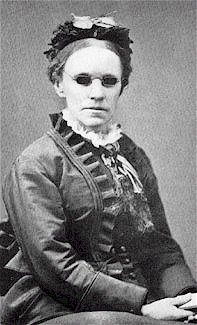My personal hymnbook was given to my by my classmate Cody upon our graduation. It’s the hymnal of the denomination of the church we both attended at the time, of the boarding school we both attended our senior year. Everyone in the class received one. To me, it’s a beautiful object: 
Shane Bertou recently commented that he uses a hymnal as a devotional, and I deeply resonate with that use. This morning I cracked the book looking for something to speak to me. I hadn’t carefully planned the dip into hymnody this week. (Isn’t hymnody a ridiculous word? Someone used it in conversation with me and it never occurred to me that someone would use that word for serious. I love it).
Paging through, noting songs like familiar friends and becoming surprised at many that I have no recollection of… I stopped at page 111: I Know Who Holds Tomorrow.
I probably stopped because I love the cadence of the word “Tomorrow”. It immediately brings me show tunes and Macbeth and a feeling that I’ve called since highschool “the possibility of maybe”.
My favorite verse is the third:
I don’t know about tomorrow, it may bring me poverty,
But the one who feeds the sparrow, Is the one who stands by me,
And the path that be my portion, May be through the flame or flood,
But His presence goes before me. And I’m covered with His blood.
My classmate (or likely his remarkable mother) gave me possibly my favorite graduation gift, a collection of songs that I sing, that I learn from, that feed me and challenge me. Even the ones that are edited by the church that printed the hymnal, even the ones that I think seriously miss the mark theologically or otherwise.
Art is important. Music gets to places inside of us that nothing else can, poetry can do it too. If I haven’t been clear this series; if nothing else I hope you open a hymnal.
Edit: previously I had written my classmate was named “Casey”, this is incorrect, it was Cody. Casey is his brother with whom I worked at said boarding school.

